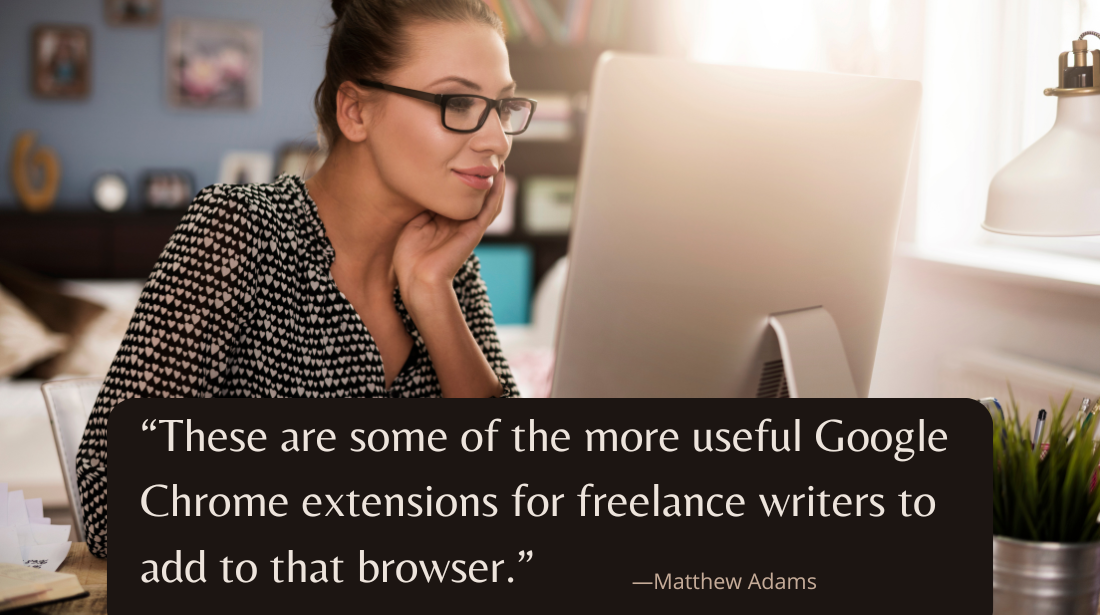A Conversation With Baron R. Birtcher on Social Media: Bestseller. No Website. No Me. (Killer Writers)
Killer Nashville founder Clay Stafford continues his series of interviews with mystery, thriller, and suspense authors. Here he has a conversation with bestselling novelist Baron R. Birtcher about author websites and social media.
I traverse Oregon along the iconic and beautiful Historic Columbia River Highway in search of waterfalls with my family. South of that is Portland, and just south of that is the Oswego Grill in Wilsonville where former music man and L.A. Times Bestseller and award-winning author Baron R. Birtcher has an oriental chicken wrap and I drink my usual iced tea. It’s a local place where residents meet, nice bar, and a menu where you can point at anything and know that it’s going to be good.
Over laughs more than food—for a more accommodating and jovial companion one will not find—I say to Baron, “I was looking to do a little research on you before we talked so I went to your website and found…you don’t have a website.” We all know the cardinal rule pundits tell everyone: All writers need a glowing website, even bestsellers. I wondered why he made it so hard for me—or anybody—to find him.
“You know what? I took my website down right before COVID.”
“Why?” Before COVID is over two years ago.
“I thought I would reengineer it and then my website guy left, and I couldn’t muster the gumption to do it myself and learn how. It’s been sitting idle. I’ve had one for years, but it was so outdated, and I didn’t know how to keep it current myself.”
“So, you let it go?”
“It did what websites often do, which is get stale.”
I ponder what he’s saying. What I had really come to talk to Baron about was not his website, so the next question immediately became more pertinent. “On your Facebook author page, you have 10,000-plus followers.”
“Yes. What I was about to say is that what I have done on social media has been a lot more interactive, a lot more popular, than the website ever was.”
I’m shocked because this is breaking the paradigm yet makes total sense. Hang around Baron enough and you see he’s always breaking paradigms.
“I really haven’t missed it,” Baron says of the website, dismissing it. “The more I discovered how social media was functioning, I lost interest in paying very much attention to the website. And frankly, I don’t go to other people’s websites very often.”
I started thinking, how many author websites did I go to that I actually read much of anything? Like interacted. Like “lived” there. It was more like going to search for some bit of fact, but never for interaction. “What do you think about author websites, then? Do we need them?”
“I can’t speak about other authors in the way that they interact with their readers, but I’ve found websites to be a little bit stilted, a little bit commercially slanted, whereas my experience with social media has been more one-on-one. For example, if someone wants to say something, we can have a conversation. And we can be amusing, or we can talk about literature, we can talk about current events, or whatever, and the website world tends to interact much more slowly. And, as I said, to me, a little more stilted. I was thinking that when I do put the website back up…”
“So, you are putting it back up?”
“…that the direction I was going to go was to have it be more of an archive, and more of a place to poke around and see old photographs, and maybe some old short stories, kind of a fun little treasure trove rather than a living document.”
“Like social media?”
“I’m on social media every day interacting with other people. I try to post just once a week, so people don’t get post fatigue, because I have noticed that there are some who like to post two or three times a day…”
“Though I certainly don’t, isn’t that what they tell us we’re supposed to do? Some even say subscribe to a posting service where you can put a month’s worth of posts in queue in a single sitting…”
“To me, it’s just too much clutter. I had a personal page, the kind that maxes out at 5,000. So, I set up my author account.”
“How long did it take you to get 10,000 genuine, interactive followers?”
“Gosh, about a year-and-a-half or two years.”
“Actual followers, people you are interacting with, those people buy books. How did you get that many followers in that short amount of time?”
“You know I honestly can’t tell you. I was surprised, delighted, and I really have a lot of fun with people. I try to stay away from too much ‘me.’ Conversation I like. I like to post things that I find amusing. If it has to do with literature, great, but more often than not, it doesn’t.”
“You just interact. No selling.”
“I’ll just dialogue with whoever makes comments. I think it’s kind of the interactivity that has made it popular.”
“If you had someone who was trying to develop a base, a platform, what would you recommend to them?”
“Don’t do too much ‘me.’ There’s really too much ‘me, me, me’ chest thumping and, when we do it, we don’t think we are doing it because it’s not intended that way, but it’s the sheer volume of it that gets to be a lot. And I’m embarrassed to say it because these things seem so trite: Be yourself, and the people who don’t like you, don’t like you. And that’s fine. And the people who do like you, will like you. Sean Connery had this saying: Tell them the truth, then it’s their problem. That’s just how he looked at life. And if you’re affected by the truth, then I guess that’s on you. But it absolves me of ever having to come up with fictions for you.”
“It’s less work for sure.”
“Exactly. I think of social media in the same way. Just be yourself and it’s a lot less work. You don’t have to put on makeup, and you don’t have to go be someone else and get into character. You just sit down and be yourself and say what you like.”
“How much time do you put into social media.”
“About two hours a day. It’s not intentional. I do it kind of like a habit. I’m on it with my morning coffee and then after work with a cocktail. To watch those numbers rise, it was like, good heavenly sakes. It’s certainly not because of any awesomeness on my part. I’ll post about myself when something comes up, but most of the time, it’s never about me.”
“If you had an author starting out, what advice would you give to them?”
He immediately goes into writer/teacher mode. “I think I would tell them to study the people you admire, read their books, and try to define in your head what it is about that that you so respond to. Then, when you write, try to remember those things. Don’t copy, don’t do what they do, don’t use their words, just try to remember what you like that somebody else does as you learn to emulate the Masters. It makes you better. Just like lifting weights makes you better. Learning how to play Paul McCartney songs makes you better. There’s a lot of people who have tread a lot of ground in front of you, so there’s no reason try to reinvent that. I think that’s what I would say to them.”
What I learned from this—looking at his 10,000-plus intent Facebook followers with whom he genuinely interacts and—because of it—it has propelled him to bestsellerdom, even without his website, that maybe we should look a little closer at others, such as Baron, who have gone before, and not just in writing, but more with how we choose to interact and make our influence in the world.
Baron smiles, “Of course, Young Baron would only have listened to the first two sentences and then gone on.”
Interacting. Caring. Actually listening to one another. Having a real conversation. Then selling a boatload of books without even mentioning them or yourself. Let’s hope more people are not like Young Baron. Let’s hope more are paying attention.
____________________
Baron R. Birtcher is an award-winning and L.A. Times best-selling author of literary crime thrillers. https://www.facebook.com/BaronRBirtcher/
Clay Stafford is a bestselling writer, filmmaker, and founder of Killer Nashville International Writers’ Conference and The Balanced Writer. Subscribe to his newsletter at https://claystafford.com/








